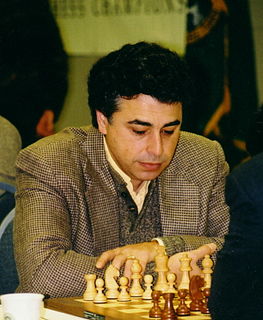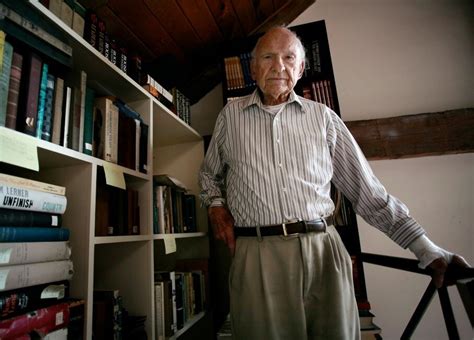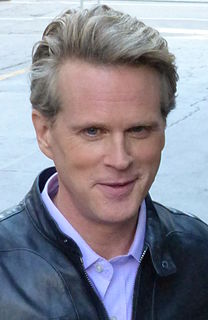A Quote by Daisaku Ikeda
We are not merely passive pawns of historical forces; nor are we victims of the past. We can shape and direct history.
Related Quotes
The question I'm always asking myself is: are we masters or victims? Do we make history, or does history make us? Do we shape the world, or are we just shaped by it? The question of do we have agency in our lives or whether we are just passive victims of events is, I think, a great question, and one that I have always tried to ask.
Knowledge builds on the past and has its place. Wisdom is beyond time. It's the direct perception of reality as it is. And in this direct seeing of what is lies the potential of transformation-a transformation that is not merely a redecoration of the past but a transformation of humanity that embodies the eternally new.
Mysticism, according to its historical and psychological definitions, is the direct intuition or experience of God; and a mystic is a person who has, to a greater or less degree, such a direct experience -- one whose religion and life are centered, not merely on an accepted belief or practice, but on that which the person regards as first hand personal knowledge.
In the past, the imperialism of the West, like that of the rest, was often difficult - for the doers as well as for their victims - but western states were, nonetheless, usually able to dispatch forces overseas against non-western peoples without any fear of being attacked themselves. That kind of immunity is probably now a thing of the past.
There is a certain kind of peace that is not merely the absence of war. It is larger than that. The peace I am thinking of is not at the mercy of history's rule, nor is it a passive surrender to the status quo. The peace I am thinking of is the dance of an open mind when it engages another equally open one -- an activity that occurs most naturally, most often in the reading/writing world we live in. Accessible as it is, this particular kind of peace warrants vigilance.
Our dreams of bringing the whole of human history under the control of the human will are ironically refuted by the fact that no group of idealists can easily move the pattern of history toward the desired goal of peace and justice. The recalcitrant forces in the historical drama have a power and persistence beyond our reckoning.
History produces not only the forces of domination but also the forces of resistance that press up against and are often the objects of such domination. Which is another way of saying that history, the past, is larger than the present, and is the ever-growing and ongoing possibility of resistance to the present’s imposed values, the possibility of futures not unlike the present, futures that resist and transform what dominates the present.






































